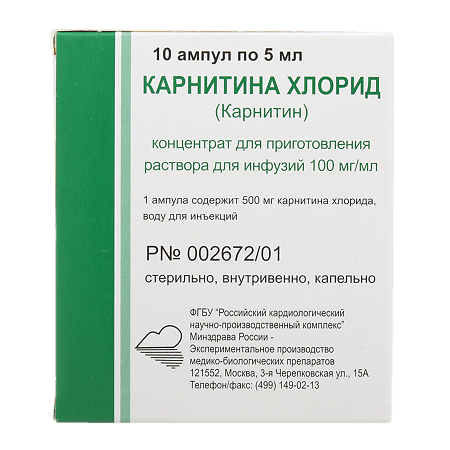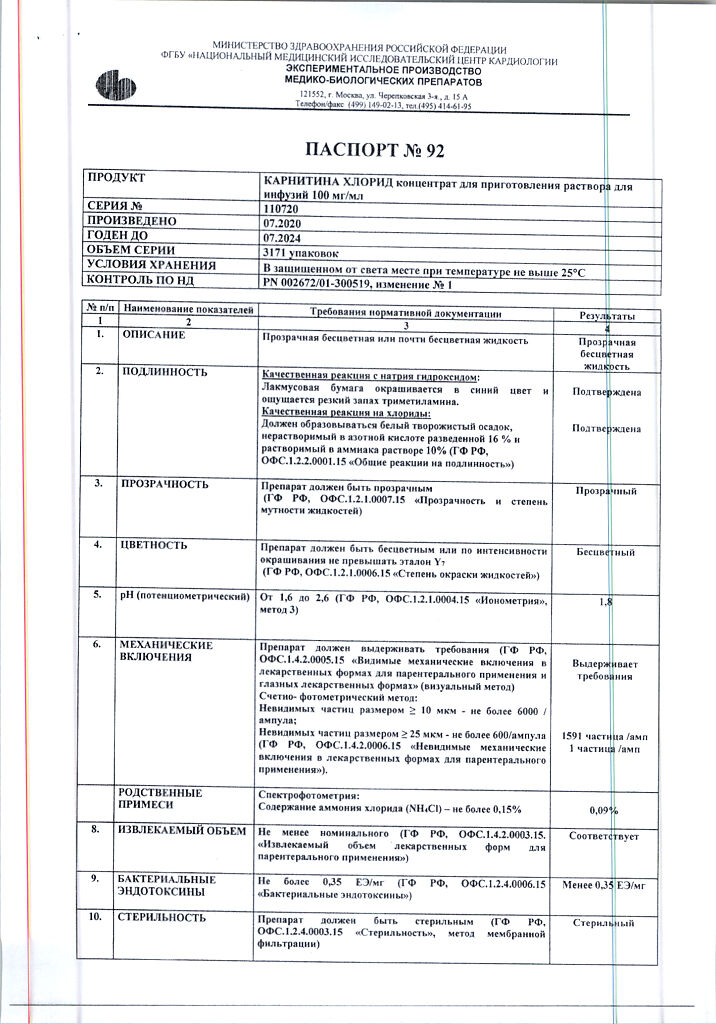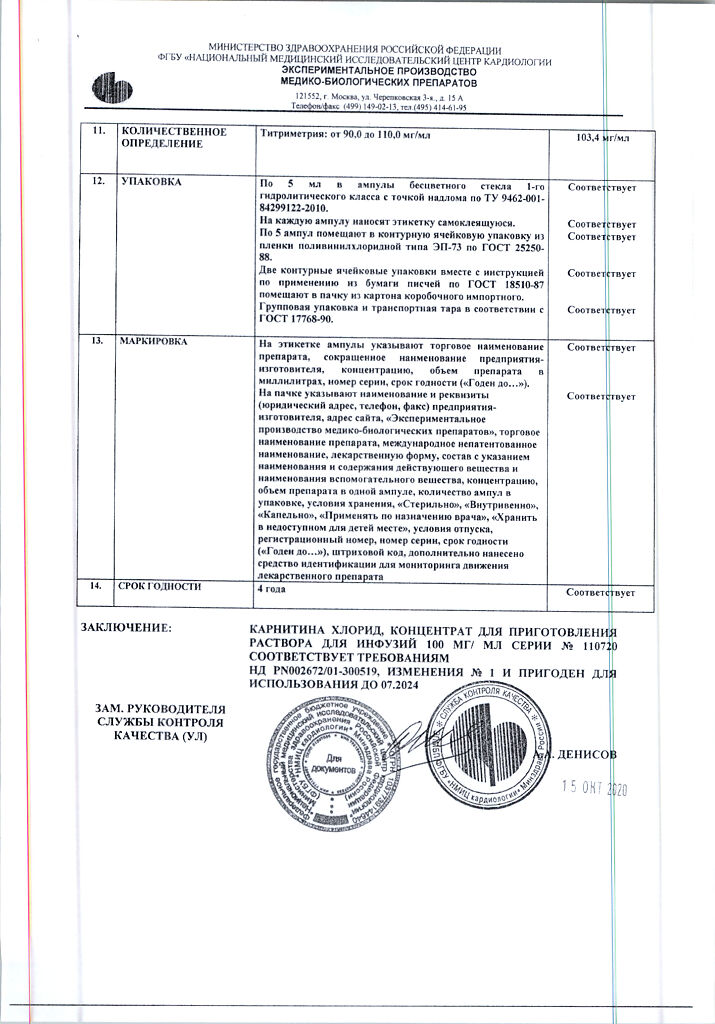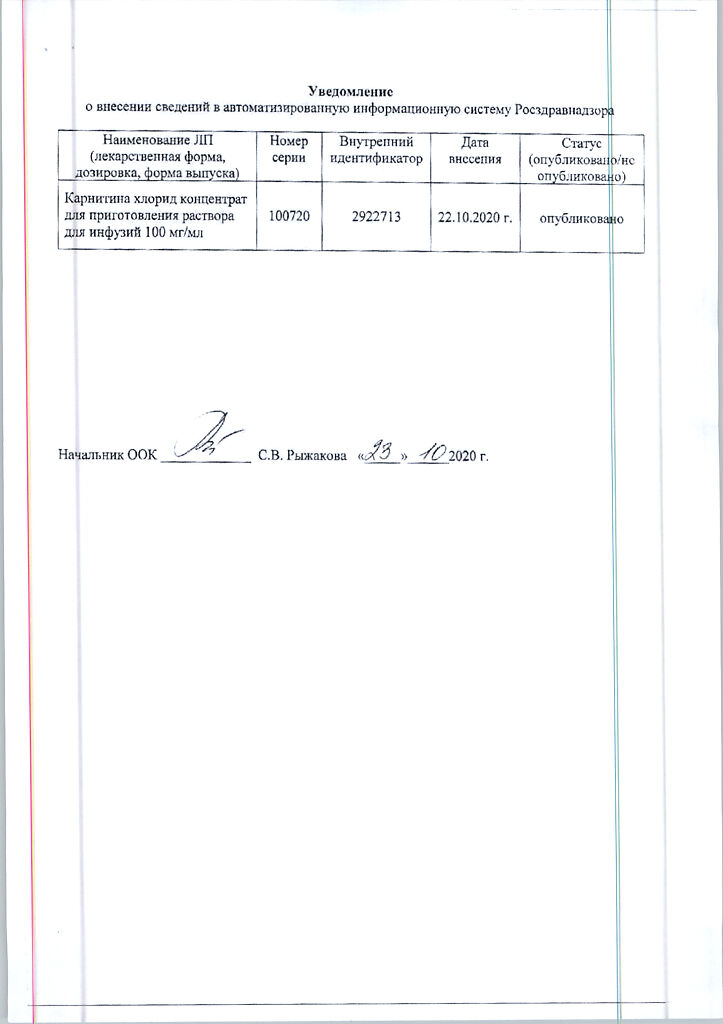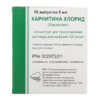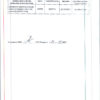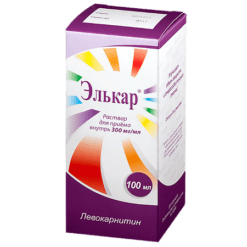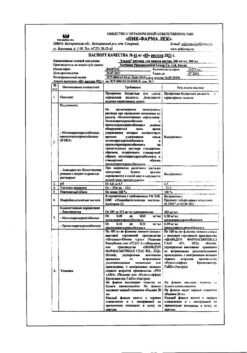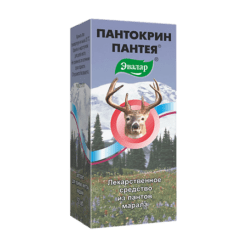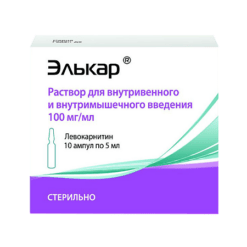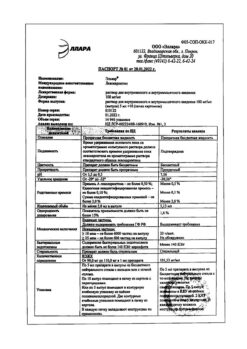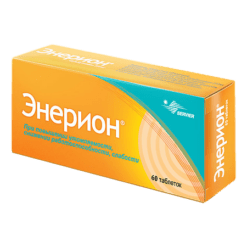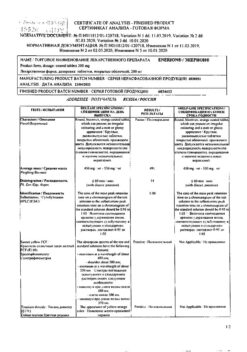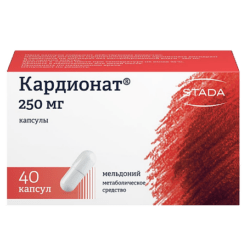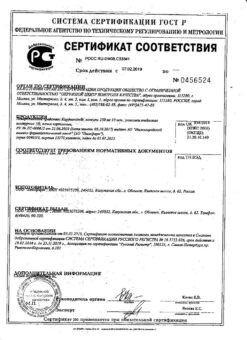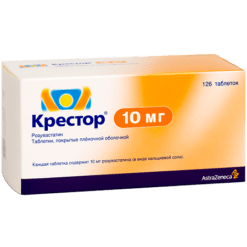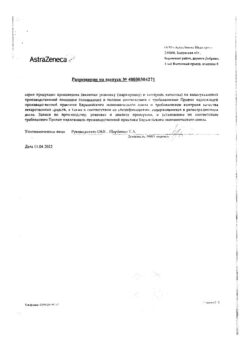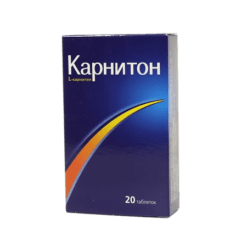No products in the cart.
Carnitine chloride, 100 mg/ml concentrate 5 ml 10 pcs
€19.20 €16.00
Out of stock
(E-mail when Stock is available)
Description
Carnitine chloride is an anabolic agent of non-steroidal nature.
The drug stimulates metabolic processes by participating in various parts of energy metabolism, has an anabolic, antihypoxic and antithyroid effect, activates lipid metabolism, stimulates regeneration, increases appetite. Carnitine is a natural substance related to the B vitamins.
It is a cofactor of metabolic processes to maintain the activity of CoA.
Limits basic metabolism, slows down the breakdown of protein and carbohydrate molecules. It promotes penetration through mitochondrial membranes and breakdown of long-chain fatty acids (palmitic acid and others) to form acetyl-CoA, which is necessary for pyruvate carboxylase activity during gluconeogenesis, ketone bodies formation, choline and its esters synthesis, oxidative phosphorylation and ATP formation. Mobilizes fat (the presence of three labile methyl groups) from fat depots.
Contestively displacing glucose it activates the fatty acid metabolic shunt whose activity is not limited by oxygen (unlike aerobic glycolysis) and therefore the drug is effective in acute hypoxia (including brain) and other critical conditions.
It has a neurotrophic effect, inhibits apoptosis, limits the affected area and restores the structure of nervous tissue.
Normalizes protein and fat metabolism, increased basic metabolism in hyperthyroidism (being a partial antagonist of thyroxine).
The preparation restores alkaline blood reserve, does not influence the blood coagulation system, reduces ketoacid formation, increases tissue resistance to the influence of toxic decay products, activates aerobic processes and inhibits anaerobic glycolysis, has antihypoxic properties, stimulates and accelerates reparative processes.
Indications
Indications
Acute cerebrovascular accidents – ischemic stroke, transient ischemic attack – in acute, subacute and recovery periods.
Discirculatory encephalopathy.
Traumatic and toxic brain damage. As monotherapy or as part of complex therapy.
Pharmacological effect
Pharmacological effect
Carnitine chloride is a non-steroidal anabolic agent.
The drug stimulates metabolic processes, participating in various parts of energy metabolism, has anabolic, antihypoxic and antithyroid effects, activates lipid metabolism, stimulates regeneration, and increases appetite. Carnitine is a natural substance related to B vitamins.
It is a cofactor in metabolic processes that ensure the maintenance of CoA activity.
Reduces basal metabolism, slows down the breakdown of protein and carbohydrate molecules. Promotes penetration through mitochondrial membranes and the breakdown of long-chain fatty acids (palmitic, etc.) with the formation of acetyl-CoA, which is necessary to ensure the activity of pyruvate carboxylase in the process of gluconeogenesis, the formation of ketone bodies, the synthesis of choline and its esters, oxidative phosphorylation and ATP formation. Mobilizes fat (presence of three labile methyl groups) from fat depots.
Competitively displacing glucose, it turns on a fatty acid metabolic shunt, the activity of which is not limited by oxygen (unlike aerobic glycolysis), and therefore the drug is effective in conditions of acute hypoxia (including the brain) and other critical conditions.
It has a neurotrophic effect, inhibits apoptosis, limits the affected area and restores the structure of nervous tissue.
Normalizes protein and fat metabolism, increased basal metabolism in hyperthyroidism (being a partial antagonist of thyroxine).
The drug restores the alkaline reserve of the blood, does not affect the blood coagulation system, reduces the formation of keto acids, increases tissue resistance to the influence of toxic breakdown products, activates aerobic processes and inhibits anaerobic glycolysis, has antihypoxic properties, stimulates and accelerates reparative processes.
Active ingredient
Active ingredient
Carnitine
Composition
Composition
1 ml of solution contains:
100 mg of carnitine chloride and up to 1 ml of water for injection.
Pregnancy
Pregnancy
No special studies have been conducted on the possibility of use during pregnancy and breastfeeding.
The decision to use should be made by assessing the ratio of possible risk to the child and benefit to the mother.
Contraindications
Contraindications
Hypersensitivity to carnitine chloride.
Side Effects
Side Effects
Allergic reactions are possible.
Patients with uremia may experience muscle weakness.
With rapid administration (80 drops per minute or more), pain may appear along the veins, which disappears when the rate of administration is reduced.
Interaction
Interaction
Glucocorticoids, when used together with carnitine chloride, promote its accumulation in tissues (except the liver).
Other anabolic agents enhance the effect.
Storage conditions
Storage conditions
Must be stored out of the reach of children and protected from light at a temperature not exceeding 25 °C.
Shelf life
Shelf life
4 years. Do not use the drug after the expiration date!
Manufacturer
Manufacturer
Federal State Budgetary Institution National Medical Research Center of Cardiology, Russia
Additional information
| Shelf life | 4 years. Do not use the drug after the expiration date! |
|---|---|
| Conditions of storage | Should be kept out of reach of children and out of the light at a temperature not exceeding 25 ° C. |
| Manufacturer | FGBU NRMC of Cardiology, Russia |
| Medication form | concentrate for preparation of infusion solution |
| Brand | FGBU NRMC of Cardiology |
Related products
Buy Carnitine chloride, 100 mg/ml concentrate 5 ml 10 pcs with delivery to USA, UK, Europe and over 120 other countries.

